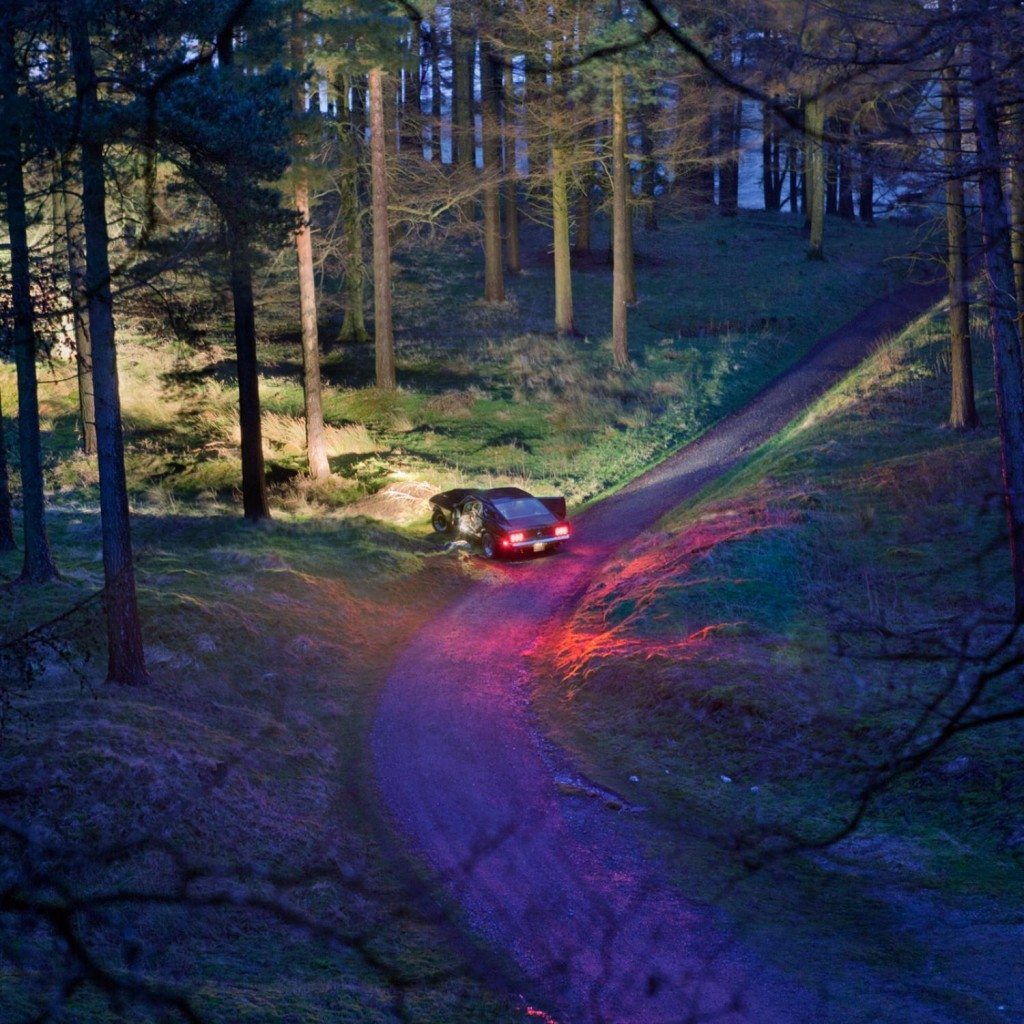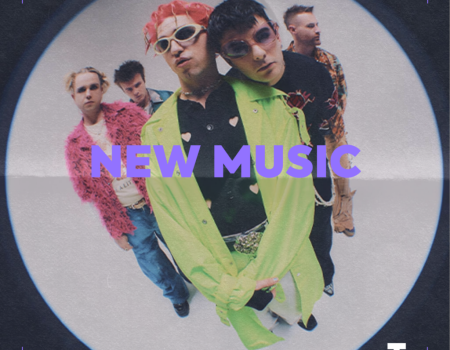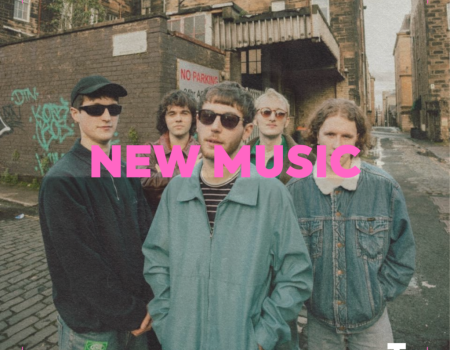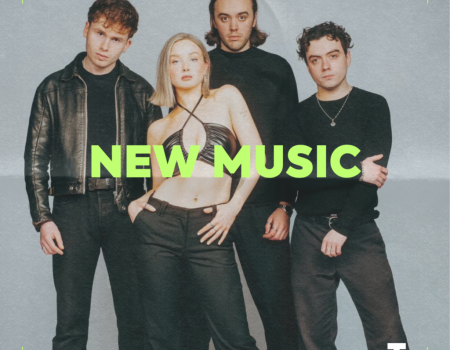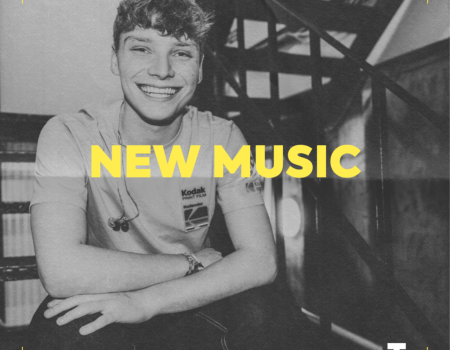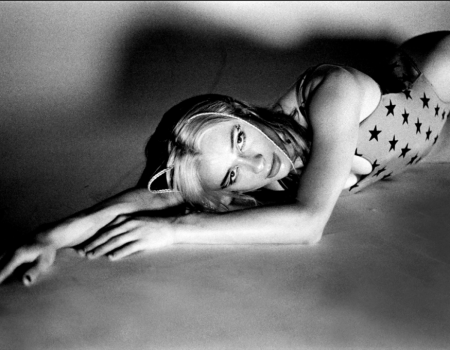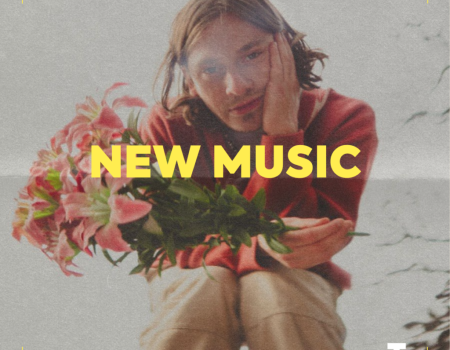DYSTOPIA is what Drenge’s self-assured, self-titled debut projected in abundance. We were fed an image of a hypothetical English county society where the levels of unvented frustrations are equal to the stress of a car as it’s tires attempt to escape the mud that entrenches it; and any considerable effort only acts to worsen the situation. It was a record that contained astronomical levels of angst and malevolence, elements that don’t appear to have been lost as the boys return with their follow up Undertow.
With much of Drenge seeing the vocal and guitar work of Eoin Loveless relying solely on the support of his drummer and brother Rory, the Derbyshire boys decided to beef up their sound in the form of a new recruit- ex-Wet Nuns bassist Rob Graham. The driving percussive strength that has became synonymous with their sound still acts to accentuate the guitar and vocals however this record offers more atmospheric qualities than its lauded predecessor.
It would be far too easy to bring out the Nirvana comparisons that are so often connected to any “heavy” modern guitar music but the depth of the record offers too much to be considered similar to the Grunge pioneers. It exerts force in the form of mischievous violence and images of eerie night drives through murky country landscapes; glimpsed upon with ‘Backwaters’ in the first record.
Drenge have taken the success of the track and revisited these vibes in the more refined form of Running Wild- a 4-minute epic track that see’s the Loveless brothers at their evil best, with bone jerking instrumentals and lyrics such as: “Now your old, your grey hair, dead eyed stare, you’re running scared.”
We Can Do What We Want is a youthful call to arms that witnesses what appears to be the band’s first ever recorded step into the major key; however it proves to be short lived as it signals the beginning of a percussion heavy ruckus that exudes discontent. The instrumental ‘Undertow’ exerts elements of Rated-R era Queens of the Stone Age whilst ‘Favourite Son’ offers the album’s first attempt at a pop song with a guitar riff so fine it would fit in any of the major rock n’ roll records of 2014.
The main difference between Undertow and the band’s first record is not that this album offers more emotion, but that it begins to offer more variety in sentiment than the growling contempt seen on Drenge. ‘The Snake’ combines controlled feelings of deviance with ranging vocal melodies and pieces them together as a dark pop song whereas The Woods exposes regret disguised in an unusually melodic powerhouse that edges more towards Stadium Rock than their Garage-Rock roots; simultaneously revealing their ability, versatility and potential for writing top-grade pop tracks.
The use of percussion is certainly more subtle than on the first record but explosive when it needs to be. One of the band’s main admissions on Undertow is the discovery that you don’t have to hit everything as hard as you can to get across what you want to say, highlighting their growing maturity. This is no more evident than in Side by Side, an aberrant track straight from the mind of an outsider that often swaps cymbals for claps and eludes with bending guitar nuances.
Undertow paints a morbid picture of The Black Country, but one that romantically entices and intrigues at the same rate that it disgusts and frightens in some sort of warped equilibrium. However, it is the subtle but hugely progressive changes that make this record a great one and shows signs of a band that really know what they are doing when it comes to developing their sound.



